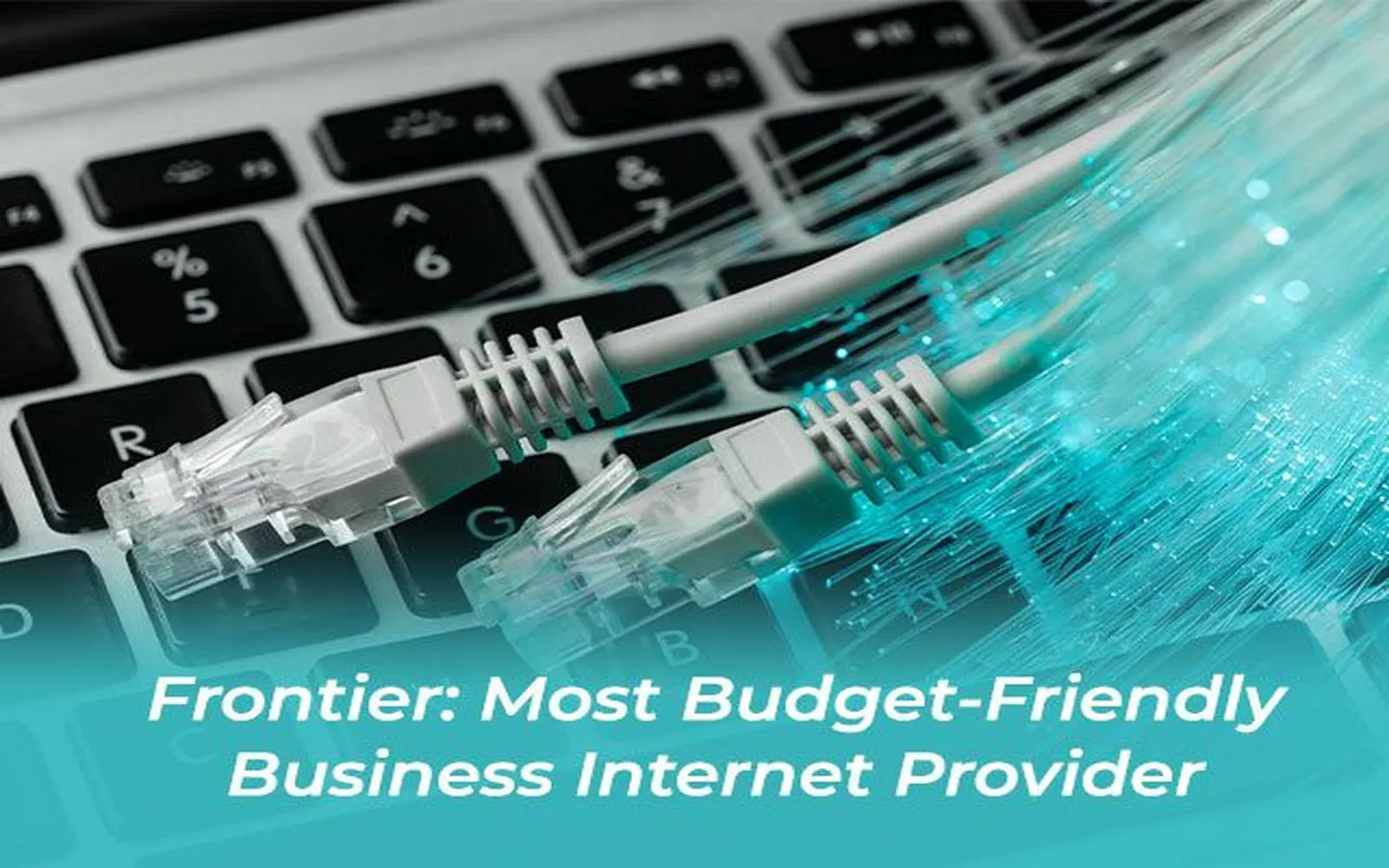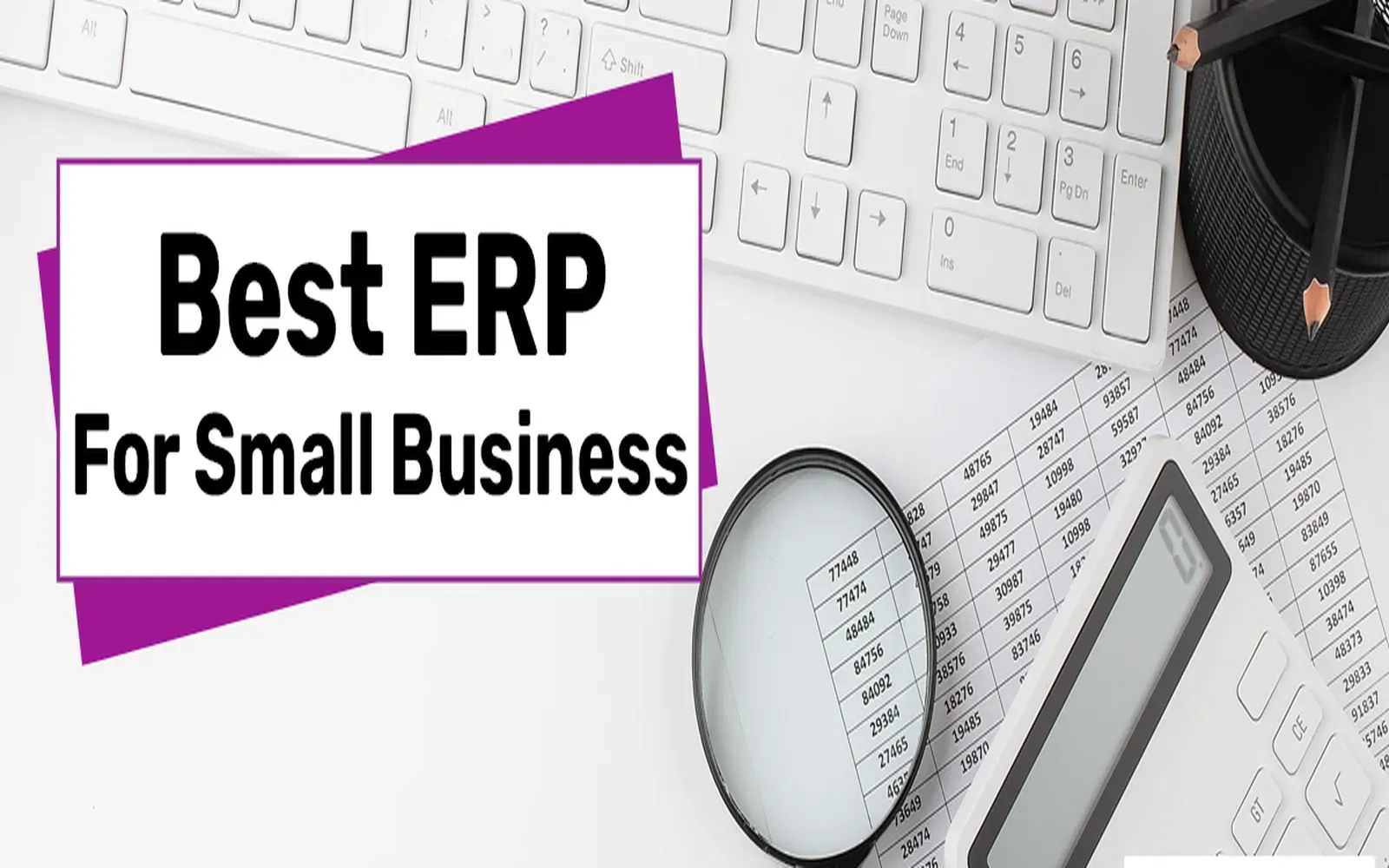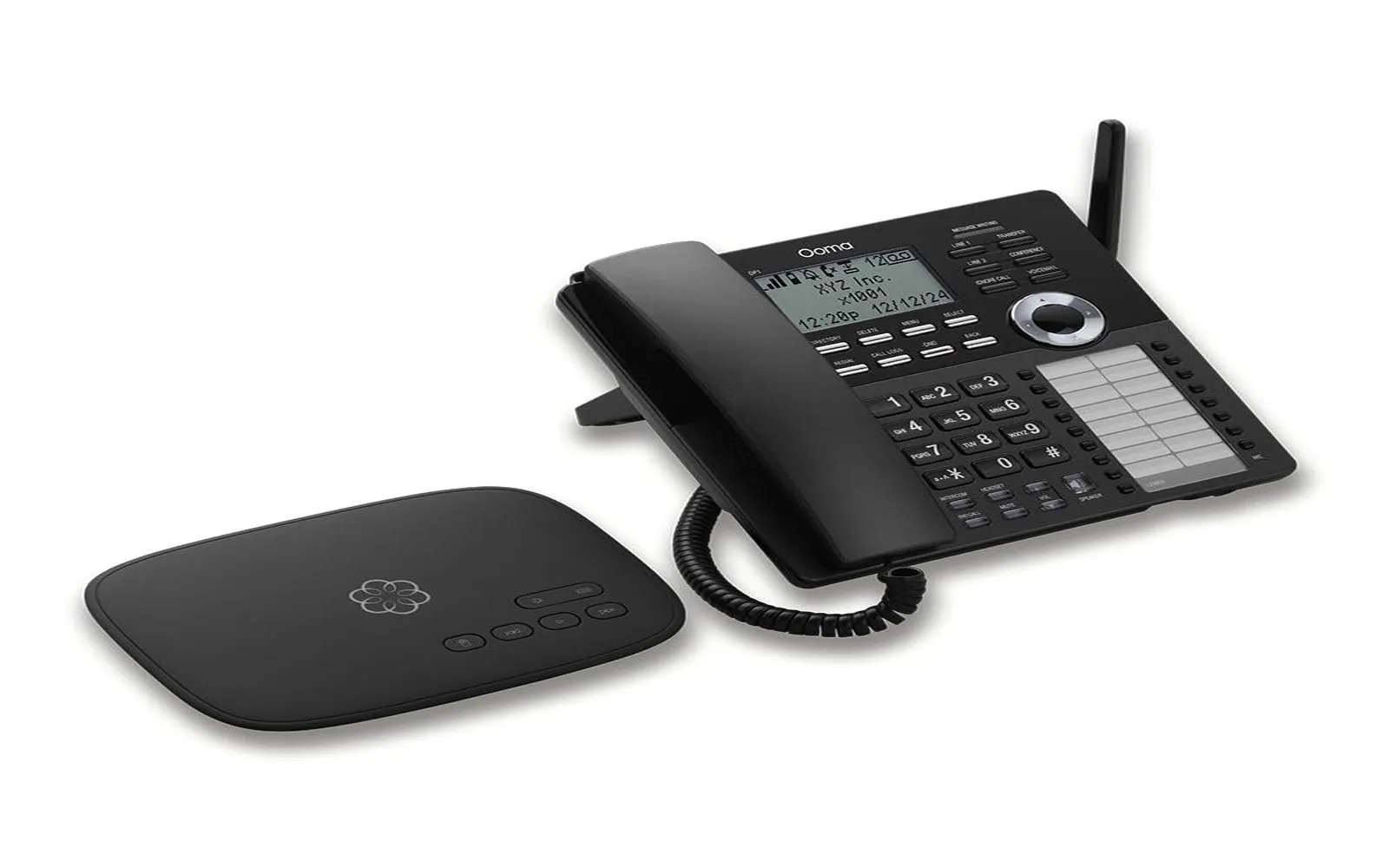Top AI Marketing Tools to Transform Your Strategy in 2025: Future-Proof Your Business
Introduction
As we move into 2025, the landscape of marketing continues to evolve at a breathtaking pace. Artificial intelligence (AI) is at the forefront of this transformation, providing businesses with innovative tools and strategies that can enhance their marketing efforts. In this article, we will explore the top AI marketing tools that are set to revolutionize marketing strategies in 2025, helping businesses future-proof their operations and maintain a competitive edge.
The Rise of AI in Marketing
AI has become an essential component of modern marketing strategies. From automating mundane tasks to providing insights that drive decision-making, AI technologies empower marketers to be more efficient and effective. The integration of AI into marketing not only saves time but also enhances the customer experience by delivering personalized content and recommendations. As we look toward 2025, the adoption of AI in marketing will continue to grow, and understanding the available tools will be crucial for businesses aiming to thrive.
1. Predictive Analytics Tools
Predictive analytics tools utilize AI algorithms to analyze historical data and predict future outcomes. In 2025, businesses will leverage these tools to anticipate customer behavior, optimize marketing campaigns, and allocate resources more effectively. For example, platforms like Google Analytics 360 and Tableau will offer advanced predictive capabilities that help marketers make data-driven decisions. By understanding customer trends and preferences, businesses can tailor their strategies to meet the evolving demands of their audience.
2. Chatbots and Virtual Assistants
AI-powered chatbots and virtual assistants are increasingly becoming the backbone of customer service and engagement strategies. In 2025, tools like Drift and Intercom will enable businesses to provide 24/7 support and engage with customers in real-time. These chatbots can handle inquiries, guide users through the purchase process, and even gather feedback. By automating customer interactions, businesses can enhance user experience while freeing up human resources for more complex tasks.
3. Content Creation and Curation Tools
Creating high-quality content consistently can be a daunting task for marketers. AI-driven content creation tools, such as Jasper and Copy.ai, are set to revolutionize content marketing in 2025. These platforms use natural language processing (NLP) to generate engaging articles, social media posts, and marketing copy. Additionally, AI can curate content by analyzing user preferences and trending topics, ensuring that businesses deliver relevant and timely information to their audiences.
5. Email Marketing Automation
Email marketing remains one of the most effective channels for reaching customers. In 2025, tools like Mailchimp and Sendinblue will leverage AI to optimize email campaigns. These platforms can analyze past campaign performance, segment audiences based on behavior, and personalize email content. By delivering the right message to the right audience at the right time, businesses can significantly improve their open and conversion rates.
6. Customer Relationship Management (CRM) Systems
As businesses grow, managing customer relationships becomes increasingly complex. AI-powered CRM systems like Salesforce Einstein and HubSpot will play a vital role in 2025 by automating tasks, predicting customer needs, and providing insights into customer behavior. These tools will enable businesses to build stronger relationships with their customers by understanding their preferences and tailoring interactions accordingly.
7. Voice Search Optimization Tools
With the rise of voice-activated devices, optimizing for voice search is becoming essential. AI tools like AnswerThePublic and SEMrush will help marketers identify voice search trends and optimize their content accordingly. In 2025, businesses that embrace voice search optimization will be better positioned to capture the growing number of consumers using voice queries to find products and services.
8. Video Marketing Tools
Video content is anticipated to dominate digital marketing in 2025. AI-powered video editing tools like Adobe Premiere Pro and Wibbitz will simplify the video creation process, allowing marketers to produce high-quality videos quickly. Additionally, AI can analyze viewer engagement metrics to suggest content improvements, ensuring that video marketing efforts resonate with target audiences.
9. SEO Tools
Search engine optimization (SEO) is an ever-evolving field, and AI is transforming how marketers approach it. Tools like Ahrefs and Moz will incorporate AI algorithms to offer insights into keyword trends, backlink opportunities, and on-page optimization strategies. In 2025, businesses that leverage these AI-driven SEO tools will be better equipped to rank higher in search engine results and attract organic traffic.
10. Marketing Analytics Platforms
Understanding the effectiveness of marketing efforts is crucial for continuous improvement. AI-powered marketing analytics platforms like Adobe Analytics and Mixpanel will provide comprehensive insights into campaign performance, customer behavior, and market trends. In 2025, businesses that utilize these platforms will be able to make informed decisions and allocate resources effectively, ensuring a higher return on investment (ROI).
11. Personalization Engines
Personalization is key to successful marketing in 2025. AI-driven personalization engines like Dynamic Yield and Optimizely will allow businesses to deliver tailored experiences to customers based on their preferences and behaviors. By leveraging data to create personalized content, recommendations, and offers, businesses can enhance customer satisfaction and drive conversions.
12. Reputation Management Tools
In the digital age, a brand’s reputation can make or break its success. AI-powered reputation management tools like Brand24 and Reputation.com will help businesses monitor their online presence and respond to customer feedback in real-time. In 2025, companies that actively manage their reputation will be better positioned to build trust and credibility with their audience.
Conclusion
The future of marketing is undoubtedly intertwined with artificial intelligence. As we approach 2025, businesses must embrace AI marketing tools to transform their strategies and remain competitive. From predictive analytics to personalization engines, the tools outlined in this article will empower marketers to make data-driven decisions, enhance customer experiences, and drive business growth. By investing in these technologies, companies can future-proof their marketing strategies and ensure they are well-equipped to navigate the challenges and opportunities that lie ahead.
Call to Action
As you consider implementing AI marketing tools in your business, take the time to evaluate your specific needs and objectives. Start small by integrating one or two tools into your existing strategy and gradually expand as you become more comfortable with the technology. The key to success in 2025 will be not just adopting new tools but also understanding how to effectively leverage them to meet your business goals.
Explore

Future-Proof Your Company: The Ultimate Guide to Business Cable and Internet Solutions in 2025

Future-Proof Your Business: Top Enterprise Phone Systems for 2025 and Beyond

Future-Proof Your Company: Top Business Phone and Internet Solutions for 2025

Future-Proof Your Small Business: Top ERP Solutions to Embrace in 2025

Transform Your Small Business in 2025: The Ultimate Guide to Virtual Receptionists

Transform Your Communication: The Ultimate Guide to Ooma Office Business Phone in 2025

2025 Home Interior Design Trends: Transform Your Space with Innovative Ideas

Transform Your Relationship: The Ultimate Guide to Online Couples Therapy & Marriage Counseling in 2025
